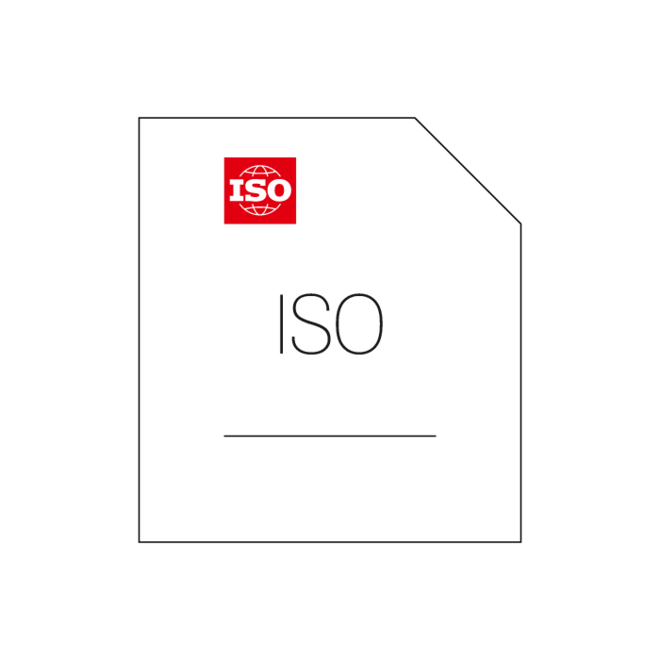

ISO 5167-4:2003
Issue date: 2003 02 24
Measurement of fluid flow by means of pressure differential devices inserted in circular cross-section conduits running full — Part 4: Venturi tubes
ISO 5167-4:2003 specifies the geometry and method of use (installation and operating conditions) of Venturi tubes when they are inserted in a conduit running full to determine the flowrate of the fluid flowing in the conduit.
ISO 5167-4:2003 also provides background information for calculating the flow-rate and is applicable in conjunction with the requirements given in ISO 5167-1.
ISO 5167-4:2003 is applicable only to Venturi tubes in which the flow remains subsonic throughout the measuring section and where the fluid can be considered as single-phase. In addition, each of these devices can only be used within specified limits of pipe size, roughness, diameter ratio and Reynolds number. ISO 5167-4:2003 is not applicable to the measurement of pulsating flow. It does not cover the use of Venturi tubes in pipes sized less than 50 mm or more than 1 200 mm, or for where the pipe Reynolds numbers are below 20 000.
ISO 5167-4:2003 deals with the three types of classical Venturi tubes: cast, machined and rough welded sheet-iron.
A Venturi tube is a device which consists of a convergent inlet connected to a cylindrical throat which is in turn connected to a conical expanding section called the "divergent". The differences between the values of the uncertainty of the discharge coefficient for the three types of classical Venturi tube show, on the one hand, the number of results available for each type of classical Venturi tube and, on the other hand, the more or less precise definition of the geometric profile. The values are based on data collected many years ago. Venturi nozzles (and other nozzles) are dealt with in ISO 5167-3.


